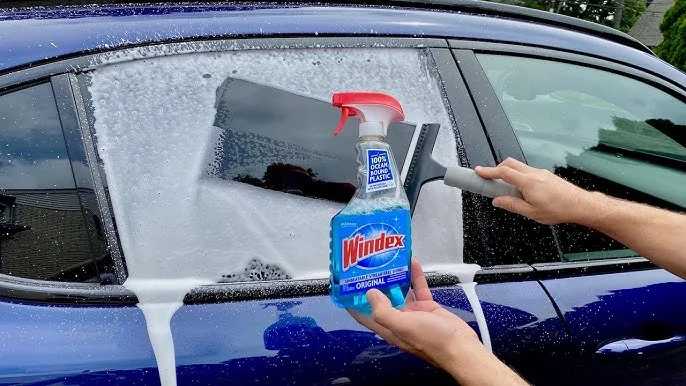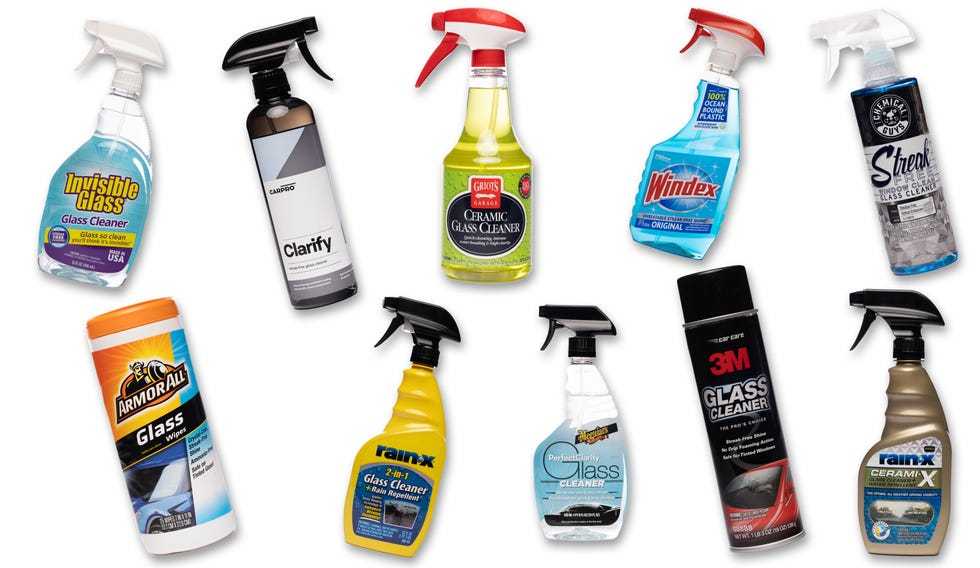The best car window tint for sun protection is a high-quality, ceramic or polarized film that blocks out maximum UV rays while maintaining clear visibility. These tints help keep your car cooler, protect your skin from harmful rays, and prevent interior fading. For optimal sun defense, choose a tint with at least 70% UV protection and ensure it complies with local regulations about tint darkness.
If you’re looking to stay cool and shield yourself from the sun’s harsh rays, investing in the right window tint is essential. A good sun protection tint not only enhances comfort but also preserves your car’s interior and reduces health risks associated with UV exposure. With so many options available, it’s important to pick a film that offers superior UV blocking, durability, and legal compliance, making your driving experience safer and more enjoyable.
Best Car Window Tint for Sun Protection
Understanding Sun Protection and Car Window Tint
Car window tinting helps block harmful ultraviolet (UV) rays from entering your vehicle. This protects your skin and prevents interior fading and cracking over time. The best tint for sun protection combines high UV rejection with heat rejection capabilities.
Why UV Protection Matters
UV rays can cause skin damage even through car windows. Prolonged exposure may increase the risk of skin cancer and premature aging. A good sun protection tint filters out at least 99% of UV rays, offering safety and comfort.
Types of Car Window Tints for Sun Protection
Different tint types provide varying levels of sun protection. This section explores the most effective options to guard against the sun’s harsh rays.
Dyed Window Tints
Dyed tints are affordable and come in various shades. They effectively reduce glare and heat but offer less UV protection compared to other types. Over time, dye can fade or turn purple.
Metallic Window Tints
Metallic tints contain tiny metallic particles that reflect heat and light. They are excellent at blocking UV rays and reducing heat but may interfere with electronic signals inside your car.
Carbon Window Tints
Carbon tints are popular for sun protection because they block more UV rays without interfering with electronics. They also resist fading and provide a matte finish for a sleek look.
Ceramic Window Tints
Ceramic tints are the best in terms of sun protection. They offer high UV rejection, heat rejection, and UV protection without interfering with electronics. They cost more but are worth the investment.
Factors to Consider When Choosing the Best Tint
Selecting the right tint involves balancing legal, aesthetic, and functional factors.
Legal Regulations and Tint Darkness
Every state has rules about how dark your tint can be. Verify local laws to avoid fines or having to remove illegal tint.
Tint Shades and Visibility
Choose a shade that reduces glare and heat without compromising visibility. Lighter tints may be better for daytime driving.
UV Rejection and Heat Reduction
Look for tints that advertise high UV rejection rates, ideally over 99%. Heat rejection also plays a key role in comfort.
Cost and Durability
High-quality tints, like ceramic, last longer and maintain their appearance. Budget options may fade or peel sooner.
Benefits of Using the Best Car Window Tint for Sun Protection
Applying the top sun-protective tint offers several advantages.
- Protects your skin from harmful UV rays during drives
- Reduces interior fading and cracking caused by sun damage
- Improves driving comfort by decreasing interior heat
- Enhances privacy and reduces glare
- Helps maintain your vehicle’s value with a stylish look
Installation Tips for Optimal Sun Protection
Proper installation ensures maximum benefits and longevity of your tint.
Professional vs. DIY Installation
Professional installation guarantees a perfect fit and reduces the risk of bubbling or peeling. DIY kits are available but require careful application.
Preparation Before Tinting
Clean windows thoroughly to remove dirt and oils. Any dust or streaks can cause bubbles or uneven tinting.
Care and Maintenance
Avoid rolling down windows for a few days after tinting. Use gentle cleaning products and soft cloths to prolong tint life.
Additional Tips for Sun Protection in Your Vehicle
Enhance sun protection beyond tinting with these simple steps.
Use Sun Shades
Deploy sun visors or window shades when parked to block direct sunlight.
Park in Shade
Whenever possible, park under trees or in shaded areas to keep your interior cooler.
Apply Sunscreen and Wear Protective Gear
Even with tinted windows, wear sunscreen and protect your skin on long drives or sunny days.
Related Topics to Consider
Explore additional ways to stay safe and comfortable on the road.
Window Tint Maintenance
Learn how to keep your tint in top condition over the years with proper cleaning and care.
Legal Considerations
Stay updated on local laws regarding tint darkness and reflectivity to avoid fines and ensure compliance.
Cost Analysis of Different Tints
Understand the pros and cons of various tint options based on price, longevity, and performance.
Environmental Impact of Window Tints
Some tints contribute to energy efficiency by reducing cooling costs, while others may have environmental considerations.
Installation Trends and Innovations
Stay informed about new materials and methods that improve the effectiveness and ease of application.
Summary of Key Points
When choosing the best car window tint for sun protection, prioritize high UV and heat rejection, compliance with legal limits, durability, and aesthetic preferences. Ceramic and carbon tints stand out as top choices for maximum sun protection, albeit at a higher cost.
Choosing the right tint not only enhances your comfort but also protects your health and the interior of your vehicle. With proper installation and maintenance, your investment will provide long-lasting benefits, making each drive safer and more enjoyable.
How to Choose the RIGHT Window Tint | Don't Make A Mistake
Frequently Asked Questions
Which types of tint films provide the best UV protection for cars?
Metalized and ceramic window tints offer excellent UV protection by blocking most ultraviolet rays from reaching the interior of your vehicle. Ceramic films, in particular, are highly effective at filtering out harmful rays without significantly reducing visibility or light transmission. Choosing these types ensures that you and your passengers stay protected from UV-related damages while driving.
How does the level of tint darkness affect sun protection?
The darkness of a window tint influences how much sunlight and UV rays it blocks. Darker tints generally provide better sun protection by reducing glare and decreasing UV transmission. However, it is essential to comply with local laws regarding tint darkness to avoid legal issues. Opt for a tint shade that balances sun protection with visibility and legal compliance.
Are there specific tinting options recommended for sunny climates?
In hot and sunny regions, opt for ceramic or high-quality metalized tints that excel at blocking infrared heat and UV rays. These tints help keep your vehicle cooler and protect your skin from harmful rays. Regularly inspecting your tint for damage and ensuring proper installation can maximize its effectiveness in sun-heavy climates.
Can window tinting improve overall comfort during hot weather?
Yes, window tinting significantly reduces solar heat gain, making your vehicle more comfortable during hot days. It minimizes the amount of heat entering the interior, which can lower the need for air conditioning and improve fuel efficiency. Properly selected tint allows you to enjoy a cooler ride without sacrificing visibility.
What are the benefits of choosing high-quality tint films for sun protection?
High-quality tint films provide superior UV and infrared filtering, durability, and better visual clarity. They resist fading, bubbling, and discoloration over time, ensuring consistent sun protection and aesthetic appeal. Investing in premium tint films enhances your vehicle’s comfort and preserves its interior from sun-related damages.
Final Thoughts
The best car window tint for sun protection combines UV blocking, heat reduction, and clear visibility. Choose a tint that complies with local laws to avoid legal issues.
Opt for films with high UV rejection to protect your skin and your vehicle’s interior. A quality tint can also keep the cabin cooler and improve driving comfort.
In summary, selecting the best car window tint for sun protection ensures safety, comfort, and compliance. Make an informed choice for a more enjoyable driving experience.



